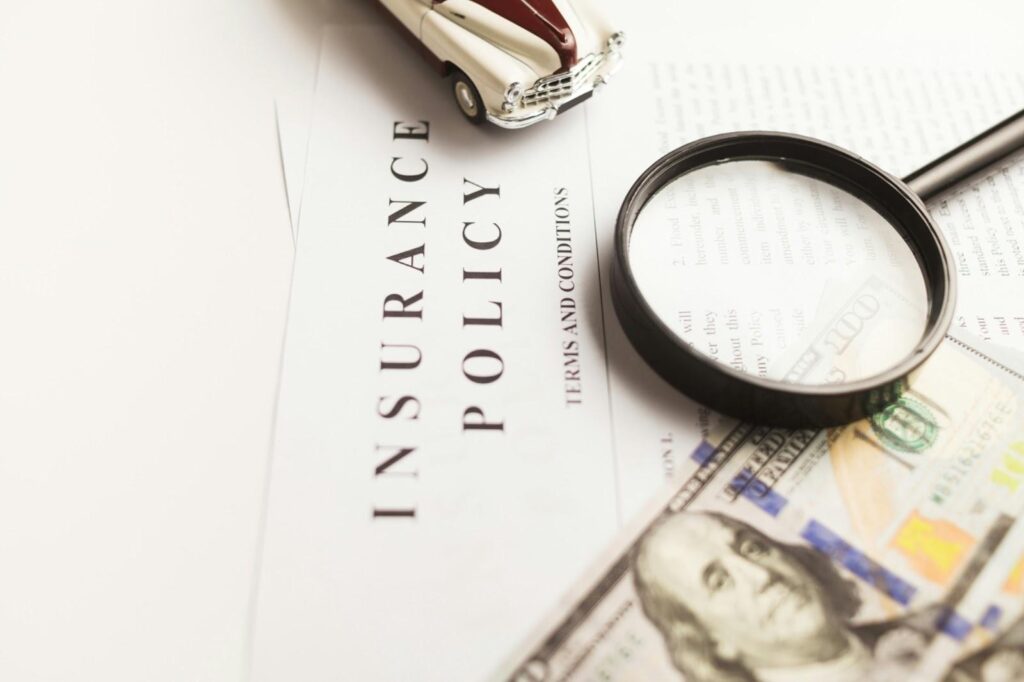As the housing market becomes more tumultuous, many homeowners debate whether it’s worth it to continue investing in their properties. Housing prices fluctuate often. When market prices decrease, some individuals may end up with a mortgage balance that exceeds their home’s value.
Even if they can afford the monthly cost, some homeowners choose to halt their mortgage payments to relieve themselves of what they view as a financial burden. This strategy is called strategic default. It can help you walk away from an investment gone wrong, but the consequences can be long-lasting, so it’s critical that you weigh your options carefully.
What Is Strategic Default?
Strategic default describes a residential or commercial property owner’s decision to halt the monthly payments on their property despite having the funds to afford them. Generally, home and business owners may turn to strategic default if their mortgage debt exceeds the market value of their property, otherwise known as having an “underwater” property.
After the fall of real estate prices in 2007 and 2008 and the recession that followed in 2009, home and business owners in several regions of the U.S. saw their mortgage payments rise while the value of their properties plummeted. As a result, strategic default became a common investment protection tactic.
The practice became widespread enough for bankers to begin using the term “jingle mail” to describe the strategic default process, as home and business owners would mail the keys to their property to the bank. Rather than waiting for the market value to shift, borrowers chose to walk away from what they felt was an unfavorable investment.
When times are tough economically, homeowners and corporate business owners may use strategic default to protect their other assets. While it may seem counterintuitive to default on a loan, doing so may provide financial and emotional relief when your property’s value drops significantly.
However, defaulting on a loan is usually a last resort. This is because defaulting on a loan can have long-lasting consequences if it is not handled carefully with the assistance of an asset protection attorney.
How Do Strategic Defaults Work?

Property owners typically rely on strategic default when the remaining balance due on their mortgage exceeds the property’s market value. Whether you seek to simply cut your losses or rid yourself of a financial burden, the process of strategic default is relatively straightforward.
If you carefully consider the value of your property versus the money you owe and decide that continuing your payments isn’t worth it financially, you can choose to default on your loan. This action will lead the lender to initiate the foreclosure process, which involves repossession of the property for which you’ve stopped paying.
If the foreclosure process concludes with the forced sale of the property, the lender will calculate the deficiency balance, or the difference between how much you owed on the property and how much they sold it for following foreclosure. For example, if you owe $350,000 on your home, and the home sells for $280,000, the deficiency balance would be $70,000.
If you fail to pay off this balance, the lender may sell the debt to a collection agency. Additionally, it’s possible for the lender or even the collector to file a lawsuit against you. The safest option would be to pay the deficiency balance, either all at once or in installments.
What Types of Debt Can Be Subject to Strategic Default?
Generally, borrowers use strategic default to escape troublesome financial situations related to secure loans, like a mortgage payment. However, you can use strategic default to walk away from various forms of debt, including debt related to unsecured loans.
This type of debt may result from credit card spending or personal loans. If you default on unsecured debt, you may see your interest rates increase or receive late fees before the lender decides to send the remaining balance to collections.
Factors That Lead to Strategic Default

Home and corporate property owners may resort to strategic default for various reasons. Some of the factors that may lead an individual to choose strategic default include:
Economic Downturns
During periods of economic trouble, the housing market can shift considerably, causing the price of homes to drop and the value of certain properties to depreciate.
Decline in Property Value
When home values plummet, it can take months or even years for the market to stabilize and return to its previous state.
Negative Equity
Negative equity refers to a financial situation in which your home’s value is worth less than the remaining mortgage balance due. Rather than continue to pay on a property that likely won’t appreciate, individuals may decide to walk away in search of something with greater value.
Job Loss or Income Reduction
Although it’s common for investors with sizeable assets to opt for strategic default, as these individuals can usually afford any subsequent costs, some homeowners may choose to default on their mortgage if they can no longer afford to pay it.
Divorce or Separation
Protecting your assets during the divorce process can be challenging, particularly when it comes to property. Some separating couples may choose to default on their shared mortgage for numerous reasons, including a desire to leave behind their shared home or if one spouse cannot afford the payments on their own.
Other Financial Hardships
In some cases, borrowers may struggle to make their payments on time or afford increases in their mortgage agreements.
What Will be the Consequences of Strategic Default?

Strategic default has several advantages and potential consequences. Walking away from an “underwater” loan may seem like an attractive option, but it’s essential that you consider the drawbacks before making your decision.
Potential consequences include:
Difficulty Obtaining Future Credit
Defaulting on a mortgage can help you get out from under a heavy financial obligation, but it could also make it challenging to receive approval for other loans and lines of credit in the future, including personal loans, vehicle loans, credit cards, and more. Likewise, if you can convince a lender to approve your request, they may not allow you to negotiate the terms or interest rates.
Loss of Property
By performing a strategic default, you’ll essentially relinquish your property to foreclosure. This loss may not concern you if the property value has diminished anyway, but it’s necessary to consider this aspect of the process before proceeding.
Damage to Credit Score
Whether you go through a strategic default or a traditional foreclosure, the effect on your credit score is the same. Default and foreclosure could decrease your credit score by more than 150 points, which, as noted above, may make it difficult for you to receive other loans. Likewise, it may be more challenging to rent or buy another home in the future. However, usually after some time you can repair your credit and obtain financing again.
Legal Consequences
In some cases, the defaulting borrower may still be responsible for the deficiency balance, meaning the lender could take the borrower to court to recover their losses.
Are There Any Alternatives to Strategic Default?
As stated above, strategically defaulting on your mortgage may have undesirable consequences. Before deciding to default on your loan, consider the following alternatives:
File for Bankruptcy
Bankruptcy allows individuals and organizations experiencing financial hardship to pay off their debts over time without interference from creditors or collections. Declaring bankruptcy prevents creditors from seizing money in your bank account, garnishing your wages, or seeking other assets as payment.
Short Sale
If you’d like to avoid foreclosure, a short sale may be a viable option. A short sale allows the homeowner to sell their property for less than the remaining debt balance and give the money made in the sale to the lender.
The lender must approve the short sale. Likewise, the lender may still take legal action to recover the remaining deficiency balance. If they choose to forgive the deficiency, the IRS may designate that forgiven balance as part of your income and subject it to tax.
Loan Modification
Alternatively, you may be able to modify your loan terms. Most often, loan modifications result in reduced monthly payments.
Is Strategic Default Legal?
If you’re in a financial position to do so, you can prepare for a strategic default by saving money ahead of time in case of deficiency liabilities or taking out a new credit card to build your credit. However, a strategic default may still result in a legal conflict between you and the lender seeking to recover their losses. So, while strategic default isn’t illegal, it could land you in legal trouble, depending on your circumstances.
How Long Does the Impact of Strategic Default Last?
A strategic default will remain on your credit record for up to seven years. While this won’t necessarily prevent you from taking loans or renting, it may make lenders hesitant to give you lines of credit.
Protect your Assets before a Strategic Default with Blake Harris Law
If you are considering a strategic default, take action to protect your assets by creating an asset protection trust. If you are debating whether to perform a strategic default or looking for other means of protecting your assets, contact Blake Harris Law by filling out our contact form or by email at Info@BlakeHarrisLaw.com today to speak with an asset protection attorney.



